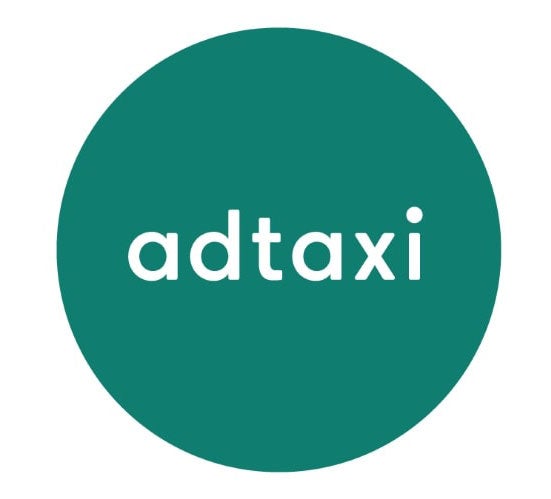Google Analytics 4 (GA4), the replacement for Universal Analytics (UA), was designed to provide enhanced user insights and better data privacy protection for today’s digital environment.
Rather than a slate of slight upgrades, GA4 is a true ground-up rebuild, with the focus now on customer experience. GA4 was also built to take advantage of the mobile revolution. Where UA strictly gathered data from websites, GA4 provides an in-depth view of the customer experience across both websites and apps.
But although GA4 has a lot of potential, the new system also brings with it some challenges that marketers haven’t been shy about voicing. Let’s take a look at the pros and cons.
Event-based tracking
With its event-based tracking model, GA4 offers a smarter way to measure user behavior across all websites and apps. In UA, the focus was primarily on tracking page views and predefined goals, providing useful but somewhat limited data on user interactions.
With GA4’s shift to more granular events-based analytics, businesses can now track user-specific events like page visits, video views, form submissions, downloads, in-app purchases and more. They can use this data to tweak their features and content to improve the user experience and drive conversions.
At the same time, however, the biggest challenge is getting used to the difference between UA’s “hit types” and GA4’s “events.”
In UA, a “hit” referred to any interaction between a user and the site that results in analytics being sent to Google, whereas an “event” referred to a specific type of hit that includes a Category, Action and Label. However, in GA4, every “hit” is considered an event, and there is no longer a distinction between hit types.
To get the most out of their analytics, marketers will need to get up to speed on what an event is and which events apply to business goals.
A smarter way to do attribution
With GA4, Google has upped its game when it comes to assessing marketing impact on customer journeys, offering data analysis capabilities to make sure brands get the most out of attribution models.
GA4 uses machine-learning algorithms to assign credit to different marketing channels and touch points based on their actual impact on conversions. For marketers, that means more accurate insights into the effectiveness of their campaigns and a better understanding of how each touch point influences those outcomes.
With that said, GA4 has thrown a few curveballs into the data-tracking and attribution game. The loss of multitouch models is particularly concerning, as it means marketers now only have access to last-click and data-driven methods for attributing conversion metrics.
New integration capabilities
With seamless integration with other Google products, GA4 offers more data analysis and marketing insights. As businesses increasingly move toward multichannel marketing, the need for effective data integration and consolidation rises.
GA4 allows marketers to integrate data from Google Ads, YouTube and other Google products, creating a comprehensive view of customer interactions across all platforms. It’s worth flagging, however, that GA4 can only collect limited data, meaning it provides an incomplete picture of users’ interactions and behavior. This can make it difficult to deliver a holistic view of the audience.
Deeper insight into ecommerce
Understanding customers’ wants and needs is key to running a successful ecommerce business.
GA4 offers enhanced ecommerce tracking, so marketers can track users’ actions from product views and shopping cart additions all the way to successful transactions. This can help identify bottlenecks and optimize conversions.
Plus, the integration between GA4 and Google Ads empowers businesses to track the performance of their shopping campaigns, enabling them to make precise adjustments that yield strong results.
Enhanced tracking and reporting
GA4 offers improved data accuracy, real-time insights and a more user-friendly experience that helps simplify the process of creating custom reports and exploring data visualizations. Rather than relying on manual data entry, GA4 lets marketers set up tracking and reporting in just a few clicks.
These enhanced reporting capabilities provide more insight into user behaviors and audience segmentation, allowing marketers to craft personalized experiences that are relevant to each customer segment.
GA4 can be tricky to navigate, given its new features and capabilities. And some of the features marketers loved about UA have been phased out.
But, while some may mourn UA’s demise, ultimately, GA4 gives businesses a closer look at their customers and how they interact with their products and services. Those insights will help them optimize their marketing strategy and create better customer experiences.
“Data-Driven Thinking” is written by members of the media community and contains fresh ideas on the digital revolution in media.
Follow Adtaxi and AdExchanger on LinkedIn.














